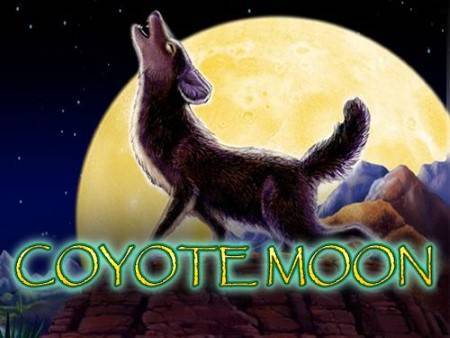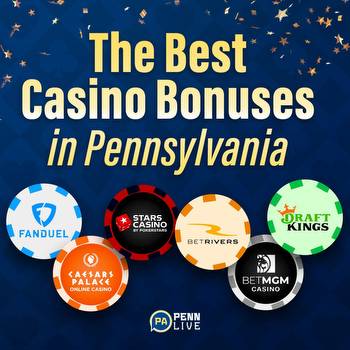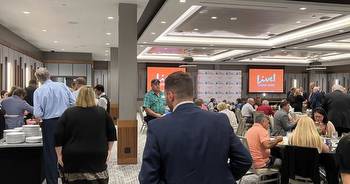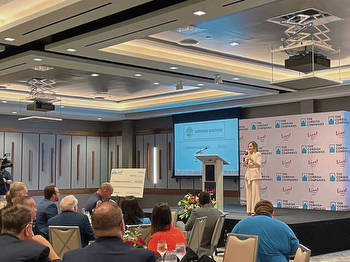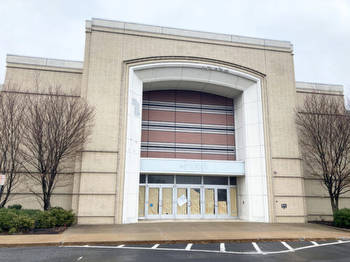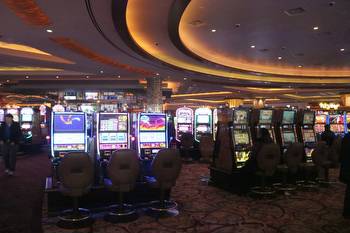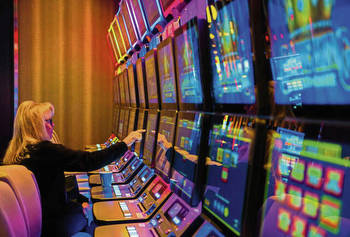THE WAY WE SEE IT: Casino could be a crowd magnet
From the proverbial water coolers to the threads of social media, there’s no shortage of amateur marketing wizards pushing plans for the new future of Indiana Mall.
An as-yet-undisclosed buyer bid more than $6.75 million for the mall in an online auction that closed March 2.
The sprawling 1979-vintage retail center, said to be the second-largest structure in Indiana County — exceeded only by the URBN fulfillment center about a mile southwest along Route 286 — has struggled in recent years to keep tenants in its 456,000 square feet of floor space.
The 45-acre mall site is wedged on prime real estate between Oakland Avenue and Warren Road, bordered by the Indiana Fire Association’s White Township station and Pennsylvania Department of Transportation’s four-county District 10 engineering center.
From the absurd notion that Indiana University of Pennsylvania is the phantom buyer to the novel suggestion that a new outlet of Leechburg-based Sprankle’s Neighborhood Markets should be set up, a thread of 272 comments on The Indiana Gazette’s Facebook link to the story of the auction is laden with wishes and wisdom for the new owners.
Target, Costco, Sam’s Club. Applebee’s, Red Lobster, Olive Garden, Dave & Buster’s.
None of those wishes are viable for a localized economy (meaning that it primarily thrives on in-town dollars and draws few out-of-town spenders). Many followers’ suggestions belie the pleading to “bring Texas Roadhouse” to Indiana when they admit they willingly travel long distances to the stores and restaurants they like.
Many are 30 or more miles away. Thirty gas-guzzling miles.
Therein lies a solution, mentioned by several on social media, that piques the interest of the Gazette editorial board.
“I say put a casino in,” a reader typed in.
We speculate it could be the feature that would make Indiana a destination, a magnet for dollars.
You couldn’t swing a dead cat without hitting a local who would testify of visiting a gaming casino in Greensburg and swear to its being a crowd magnet like few others.
Casinos have proven to be economic engines in their host communities. So far, 14 are licensed in Pennsylvania. The industry boasts of the wages and taxes that the gaming halls pay.
The American Gaming Association said the gaming industry employed more than 33,000 people and splashed $6.3 billion into the state’s economy in 2019.
“We are very fortunate here in Pennsylvania to have outstanding, community-minded industry partners,” said U.S. Rep. Guy Reschenthaler, whose 14th Congressional District is about to be reconfigured to include White Township and most of Indiana County. “Across our state, gaming companies are investing in the growth of our communities and supporting good jobs. It’s a critical partnership as we strengthen our economy and continue to expand job opportunities for Pennsylvanians.”
For years, the Pennsylvania Department of Revenue has shared casino-generated tax money with public school districts to defray the real estate tax bills for qualifying homesteads and farmsteads in local communities. (Casinos deduct 3.07 percent of winners’ prize money to pay their personal income tax obligation.)
The addition of a racino, a gaming hall associated with The Meadows harness racing track in Houston, Washington County, was said to have pumped “almost half-a-billion dollars” into the local economy and paid for “job creation, infrastructure and workforce development projects” from 2009 through 2019, according to the Washington County Chamber of Commerce.
The impact of Pennsylvania casinos is not limited to their utility as economic engines. They boost local government budgets, support many community causes and are actively involved in the areas they call home.
By 2019, Pennsylvania rose to second in the nation, following Nevada, in the amount of commercial gaming revenue generated.
When the pandemic struck, “Pennsylvania collected more than twice as much in direct gaming tax revenue than any other state in 2020 due to one of the highest effective tax rates in the country,” according to the AGA. Casinos paid $1.2 billion in tax revenue that year. No other state reached $1 billion in gaming tax money.
Along with the school real-estate tax credits, gaming tax revenue in Pennsylvania also is allocated for local law enforcement grants and responsible gaming programs. In 2020, the state’s share of direct gaming tax revenue amounted to $751.4 million.
It might behoove White Township, which already has a higher permit fee on the books for those who would open “adult” businesses, to revisit its fee schedule and establish an appropriate permit requirement for a gambling business. Not just a one-time construction fee but an annual assessment.
Casinos never stand alone. Hotels and spas, restaurants and bars pair themselves with the gaming centers. That’s where Indianians’ requests for a new Denny’s could be a bona fide proposition.
Could an ambitious and qualified investor’s willingness to build a casino — even a mini-casino — in the Indiana area reverse the outflow of dollars that shoppers take to Johnstown, Monroeville, Altoona — and Greensburg?
Could a gaming center turn Indiana into the destination for players from Kittanning and point west, Punxsutawney and farther north, Ebensburg and elsewhere east?
Then, in whatever configuration the Indiana Mall itself might be kept, could Old Navy return? Could Spencer’s Gifts endure another century? Could the nearby, soon-to-close Rustic Lodge attract a buyer and new investment?
Pennsylvania law assures protection and support for players who have problems managing their participation. The industry invests millions of dollars in responsible gaming education and research, dedicates employee time to training, and works with gaming regulators to protect consumers and promote responsible gaming every day.
The Gaming Control Board legislation, that governs almost every conceivable aspect of casino operation, runs 1,620 pages (see it at https://gamingcontrolboard.pa.gov/files/regulations/Final_Regulations_Master.pdf). The description of dice for craps games runs almost 10 pages.
On personal levels, Gazette editorial board members could be as eager as any Facebook follower to dine at an Outback Steakhouse. Pragmatically speaking, Outback Steakhouse would be equally eager to feed us — if enough of us could regularly fill the dining room. That level of business would demand more than the Indiana population and economy could sustain.
For those reasons, The Indiana Gazette would support efforts of any investment that would help flush our community with dollars from outside the local watershed, so to speak. And The Gazette would heartily endorse the development of a gaming casino as a means to reverse the channels of commerce and make hungry county residents’ dining and shopping dreams come true.
“The Way We See It” offers a weekly editorial on local topics of importance from the perspective of The Gazette’s editorial board.







